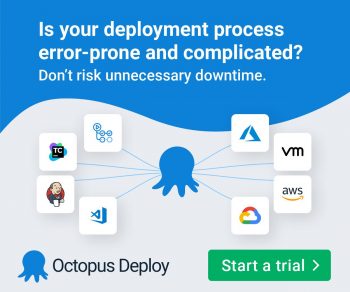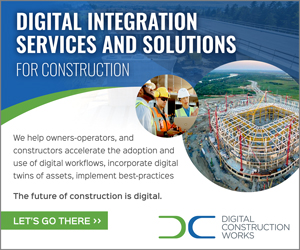In today’s fast-paced business environment, the need for continuous learning and upskilling has never been more critical. As we enter a new era of learning, it’s clear that traditional methods must evolve to meet the demands of a future-focused workforce. The key to success lies in embracing flexibility, personalization, and cutting-edge technology.
The Shift from Traditional to Modular Learning
Gone are the days when classroom training was the sole method of learning. Today’s learners demand flexibility and personalization. They want to learn what they need, when they need it, and how they prefer to consume it. By harnessing the power of Generative AI (GenAI), personalized, industry-specific, and use case-specific environments can be created to cater to diverse learning needs. This shift necessitates a move towards modular learning, where content is broken down into bite-sized, easily digestible pieces. This approach not only enhances engagement but also ensures that learning is more effective and relevant.
Traditional training methods often fail to address the diverse needs of modern learners. By contrast, modular learning allows for a more tailored approach, enabling individuals to focus on specific skills and knowledge areas at their own pace. AI-driven simulations and predictive analytics help in identifying potential challenges and providing solutions in a controlled setting, thereby enhancing problem-solving skills and decision-making abilities. This flexibility is particularly important in a world where technological advancements and industry trends are constantly evolving.
SAP Experience Centers: The Classroom of the Future
At SAP, we are at the forefront of this learning revolution. SAP Experience Centers exemplify the future of learning, transforming traditional training spaces into dynamic, near-reality environments. These centers provide immersive learning experiences that bring real-world scenarios to life, allowing learners to apply their knowledge in a practical, hands-on manner. This approach not only enhances knowledge retention but also fosters a deeper understanding of complex concepts by tailoring experiences to individual preferences and industry requirements. In essence, what you see is what you learn.
For example, imagine a scenario where employees can practice troubleshooting a complex system in a virtual environment before encountering it in the real world. This type of experiential learning not only builds confidence but also reduces the risk of errors when applied in actual situations. SAP Experience Centers are designed to provide such impactful learning experiences, bridging the gap between theory and practice.
The Role of AI in Learning
Artificial Intelligence (AI) is a cornerstone of our modern learning strategy at SAP. AI-driven tools and platforms are integrated into our learning activities to provide personalized, adaptive learning experiences. For instance, SAP AI Core and SAP AI Launchpad are pivotal in embedding AI into our solutions, enhancing their performance and capabilities.
AI helps in creating personalized learning paths by analyzing individual learning behaviors and preferences. This ensures that each learner receives content that is most relevant to their needs, thereby maximizing the impact of the training. Additionally, AI-powered analytics provide insights into learning effectiveness, enabling continuous improvement of our training programs.
Connecting Learning to ERP and our Suite of Applications
Enterprise Resource Planning (ERP) systems are the backbone of modern businesses, integrating various functions such as finance, HR, supply chain, and customer relationship management into a unified system. Effective use of ERP systems requires a deep understanding of these complex processes and the ability to adapt to new functionalities and updates.
Our approach to learning at SAP directly supports the effective implementation and utilization of ERP systems. By providing modular, personalized learning experiences, we ensure that employees can quickly acquire the specific skills they need to navigate and optimize ERP systems. This is particularly important as ERP systems evolve, and new features are introduced.
Embracing the Future
As we move forward, it’s clear that the future of learning lies in flexibility, personalization, and technology. By embracing these principles, we can create a learning environment that not only meets the needs of today’s workforce but also prepares them for the challenges of tomorrow.
At SAP, we are committed to leading this transformation. SAP Experience Centers are just one example of how we are redefining learning and development. By fostering a culture of continuous learning and innovation, we empower our employees, partners and customers to reach their full potential and drive success.
In conclusion, the new era of learning is here, and it’s time to embrace it. By updating our traditional methods and adopting a modular, personalized approach, we can ensure that our workforce remains agile, engaged, and ready to tackle the future. The journey towards a future-focused learning environment is ongoing, and at SAP, we are dedicated to being at the forefront of this exciting evolution.

















